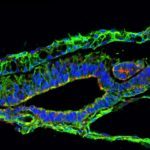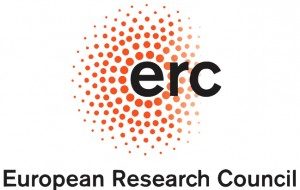Présentation
Limb defects, which are amongst the most frequent congenital malformations in humans, are the result of deviation in normal developmental program deployment affecting limb specification, initiation or patterning. In most cases the mechanisms underlying limb abnormalities are, at the best, poorly defined. This is in part due because despite considerable advances in our understanding of normal limb morphogenesis, on a molecular level, fundamental aspects of limb formation are not understood at a cellular level. Thus, we still have a very incomplete picture of limb formation that prevents further progress in our understanding of this process. We propose to elucidate the role of dynamic cell behavior in the consecutive steps of limb specification, initiation and patterning. More specifically, we will first generate transgenic quail lines expressing various fluorescent proteins as unique tools to investigate the cellular and molecular dynamics underlying the vertebrate limb formation. Using these transgenic quail lines in combination with state-of-the-art live imaging, biophysical, cellular, molecular and classical developmental biology approaches we will (1) elucidate how early cellular and molecular events taking place during gastrulation specify the position of the limbs; (2) decipher how positional information and molecular signaling are then integrated by limb precursors cells to initiate the formation of the limb; (3) investigate how cellular behavior at the onset of limb formation affects its patterning into different skeletal elements. The elucidation of the cellular events underlying the different steps of limb development, together with their molecular regulation, represents crucial missing information, which will undoubtedly push forward the frontier of our current knowledge of normal limb formation. Importantly, these studies will provide an integrated and comprehensive framework for understanding the mechanisms underlying congenital limb malformations.


